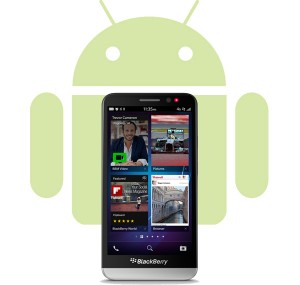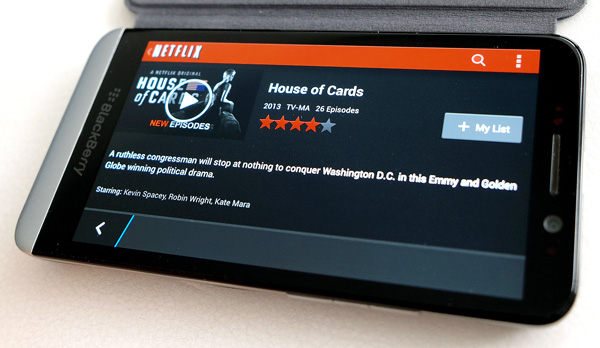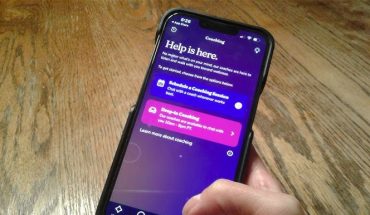 BlackBerry’s troubles have been covered extensively, and one of the consistent themes around the company’s current platform is the perceived lack of apps available. These complaints are usually centred around the lack of native support for popular apps users expect to have on their handsets — a hole that Android is coincidentally filling for BlackBerry.
BlackBerry’s troubles have been covered extensively, and one of the consistent themes around the company’s current platform is the perceived lack of apps available. These complaints are usually centred around the lack of native support for popular apps users expect to have on their handsets — a hole that Android is coincidentally filling for BlackBerry.
The act of “sideloading” Android apps onto BlackBerry devices goes back to the days of the version 2.0 update to the PlayBook tablet in early 2012. That helped bring some variety to the device’s app selection, but the move was made a year prior to the launch of BlackBerry 10, and didn’t apply to the older operating system running on the company’s phones. The process remained the same on BB10, more or less, except the recent 10.2.1 update has simplified it considerably, making it easy for even novice users to figure it out.
Technicalities aside, the older method required finding BAR (Application Descriptor File) files online and explicitly following a set of instructions to ensure a successful install. However, a successful install didn’t necessarily guarantee smooth operation. Apps would sometimes lag or crash altogether. The new update has eliminated the need for BAR files and made it so that simply downloading and installing the APK (Android Package File) directly from your BlackBerry is all you need to do to get an app. This method also negates the need to plug into a computer or use special software to make it all happen.
This is significant because it not only increases the likelihood that an Android app would work, it also does so with a greater number of them. Using Instagram, Netflix, Google Maps, Shazam, Candy Crush and others missing from BlackBerry World is relatively straightforward, almost as if they were native to the device. There may still be hiccups, of course, but there’s no doubt that the process has improved. There are various facilitators, like Snap, Aptoide and 1Mobile Market, among others, that act as repositories.
This scenario, which is very unique for any of the four mobile platforms, says a lot about the usability of a BlackBerry these days. Known for its unabashed approach to security, the company has paved a smoother road to apps from what is generally considered the least secure platform. And yet, if it wasn’t so open, sideloading simply wouldn’t be an option. If BlackBerry were to tighten the ship and make it all but impossible to run Android apps, it risks losing the customers it currently has. If it paves an even smoother road, it may be marginalizing its own app store.
BlackBerry has rightly refrained from overly promoting sideloading, likely recognizing the fine line it draws. Still, there’s no mistaking that it may be a key selling feature for consumers loyal to the company. New CEO John Chen has already pointed out its future direction toward enterprise and business, though has also made clear that nothing will change on the hardware and software side for the time being.
Either way, the community supporting sideloading is a committed one, and the improved performance and quantity of Android apps makes BlackBerry 10 handsets running them more like hybrids than any other platform on the market.



